Filter by
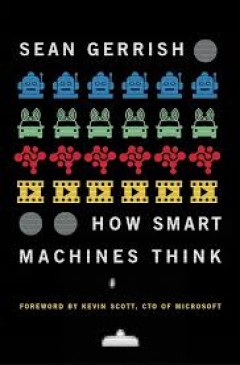
How Smart Machines Think
The future is here: Self-driving cars are on the streets, an algorithm gives you movie and TV recommendations, IBM's Watson triumphed on Jeopardy over puny human brains, computer programs can be trained to play Atari games. But how do all these thingswork? In this book, Sean Gerrish offers an engaging and accessible overview of the breakthroughs in artificial intelligence and machine learning t…
- Edition
- -
- ISBN/ISSN
- 9780262347938
- Collation
- 1 online resource (xiv, 298 pages)
- Series Title
- -
- Call Number
- -
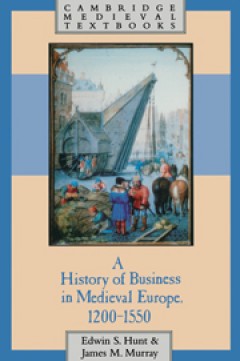
A History of Business in Medieval Europe, 1200–1550
This book demolishes the widely held view that the phrase 'medieval business' is an oxymoron. The authors review the entire range of business in medieval western Europe, probing its Roman and Christian heritage to discover the economic and political forces that shaped the organization of agriculture, manufacturing, construction, mining, transportation and marketing. Businessmen's responses to t…
- Edition
- -
- ISBN/ISSN
- 9780511626005
- Collation
- -
- Series Title
- Cambridge Medieval Textbooks
- Call Number
- -

Microcircuits: The Interface between Neurons and Global Brain Function
Microcircuits, functional modules that act as elementary processing units bridging single cells to systems and behavior, could provide the link between neurons and global brain function. Microcircuits are designed to serve particular functions; examples of these functional modules include the cortical columns in sensory cortici, glomeruli in the olfactory systems of insects and vertebrates, and…
- Edition
- 1
- ISBN/ISSN
- 9780262274326
- Collation
- -
- Series Title
- -
- Call Number
- -
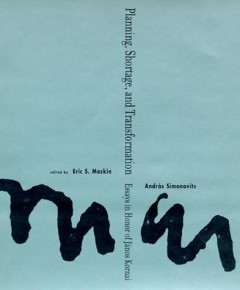
Planning, shortage, and transformation :essays in honor of J?anos Kornai
The three major themes of János Kornai's work reflected in the title of this book—planning, shortage, and transition, or transformation—figure prominently in the essays. The three major themes of János Kornai's work reflected in the title of this book—planning, shortage, and transition, or transformation—figure prominently in the essays. After a philosophical introduction by Edmond…
- Edition
- -
- ISBN/ISSN
- 9780262279222
- Collation
- 1 online resource (xvii, 439 pages) :illustrations
- Series Title
- -
- Call Number
- -
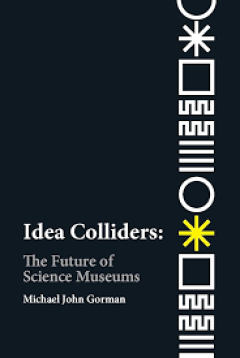
Idea Colliders: The Future of Science Museums
"An exploration of where the science museum is headed in the 21st century--from the traditional curiosity exposition of 19th century to contemporary hybrid/interactive models"--OCLC-licensed vendor bibliographic record.
- Edition
- -
- ISBN/ISSN
- 9780262359214
- Collation
- 1 online resource.
- Series Title
- -
- Call Number
- -
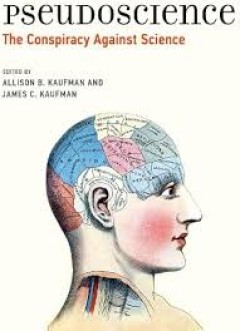
Pseudoscience the conspiracy against science
"In a post-truth, fake news world, we are particularly susceptible to the claims of pseudoscience. When emotions and opinions are more widely disseminated than scientific findings, and self-proclaimed experts get their expertise from Google, how can the average person distinguish real science from fake? This book examines pseudoscience from a variety of perspectives, through case studies, analy…
- Edition
- -
- ISBN/ISSN
- 9780262344814
- Collation
- 1 online resource (xxii, 510 pages) :illustrations
- Series Title
- -
- Call Number
- -
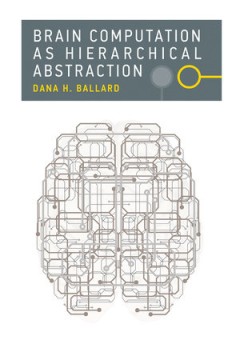
Brain computation as hierarchical abstraction
The vast differences between the brain's neural circuitry and a computer's silicon circuitry might suggest that they have nothing in common. In fact, as Dana Ballard argues in this book, computational tools are essential for understanding brain function. Ballard shows that the hierarchical organisation of the brain has many parallels with the hierarchical organisation of computing; as in silico…
- Edition
- -
- ISBN/ISSN
- 9780262323819
- Collation
- 1 online resource (xiv, 440 pages).
- Series Title
- -
- Call Number
- -
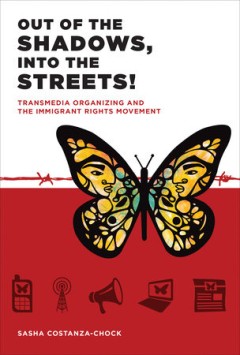
Out of the shadows, into the streets! : transmedia organizing and the immigra…
Foreword by Manuel Castells."For decades, social movements have vied for attention from the mainstream mass media--newspapers, radio, and television. Today, many argue that social media power social movements, from the Egyptian revolution to Occupy Wall Street. Yet, as Sasha Costanza-Chock reports, community organizers know that social media enhance, rather than replace, face-to-face organizing…
- Edition
- -
- ISBN/ISSN
- 9780262322805
- Collation
- 1 online resource (xix, 273 pages) :illustrations
- Series Title
- -
- Call Number
- -
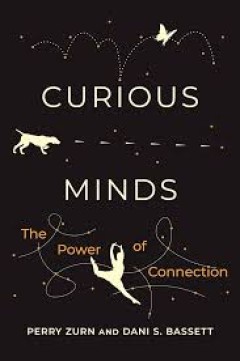
Curious Minds: The Power of Connection
"In Curious Minds: The Power of Connection, the authors explore what curiosity is and what it can do. Traipsing across the fields of philosophy and neuroscience, literature and network science, they discover that current definitions of curiosity are remarkably limited. Rather than think of curiosity as a drive to acquire new bits of information, they argue that curiosity is a practice of connec…
- Edition
- -
- ISBN/ISSN
- 0262370301
- Collation
- 1 online resource.
- Series Title
- -
- Call Number
- -
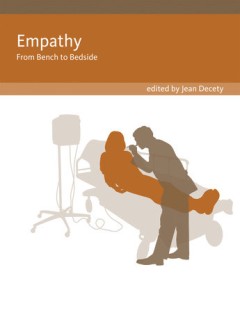
Empathy: From Bench to Bedside
Recent work on empathy theory, research, and applications, by scholars from disciplines ranging from neuroscience to psychoanalysis.OCLC-licensed vendor bibliographic record.
- Edition
- -
- ISBN/ISSN
- 9780262298612
- Collation
- 1 online resource (ix, 324 pages) :illustrations.
- Series Title
- -
- Call Number
- -
 Computer Science, Information & General Works
Computer Science, Information & General Works  Philosophy & Psychology
Philosophy & Psychology  Religion
Religion  Social Sciences
Social Sciences  Language
Language  Pure Science
Pure Science  Applied Sciences
Applied Sciences  Art & Recreation
Art & Recreation  Literature
Literature  History & Geography
History & Geography